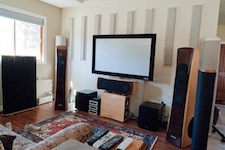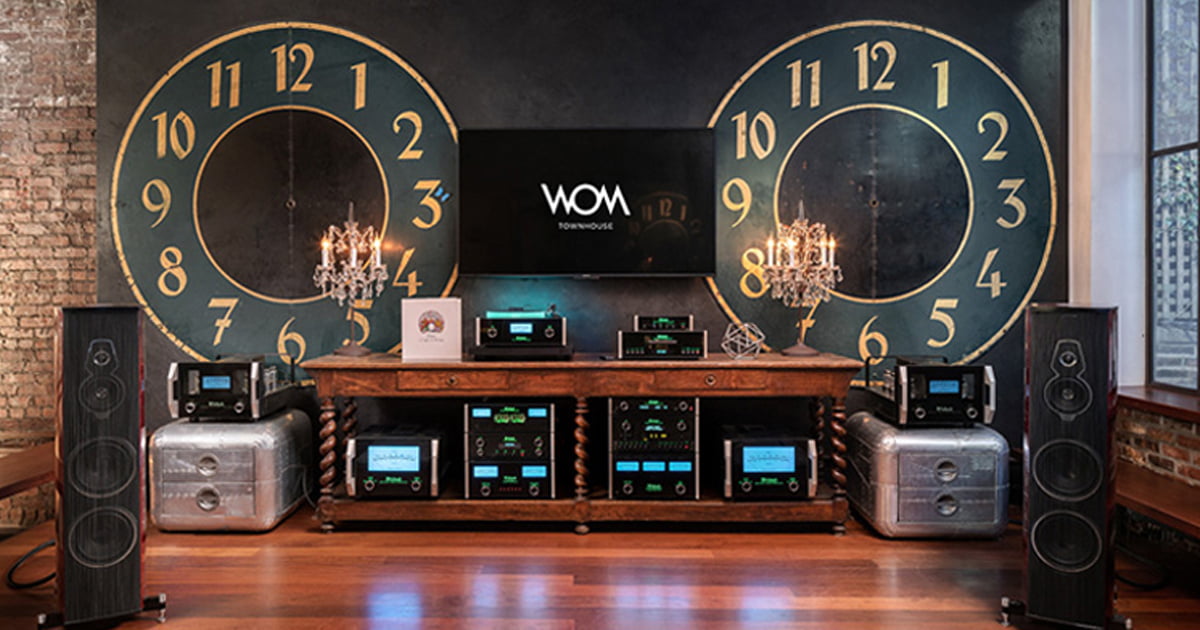It’s the time of year for saving money!

If you have a regional audio society in your area and have
attended a couple of meetings you’ve probably met audiophiles who change their
gear with regularity. Oftentimes audiophiles will get sonically myopic and
focus on one particular component; trying a wide variety of DACs or Phono
cartridges with dogged determination until they find “the one.” At audio clubs
these folks get reputations as “the amp guy” or the “turntable guy” because
they have so much experience with one particular component type. My question is simple, “Is this the best way
to construct a music reproduction system?”
Being something of a sonic contrarian I have to weigh in
with a different methodology. I think that components should be replaced on a
regular timetable, sort of like an errand board – at certain intervals
particular pieces in the system are “due” for replacement.
Obviously some gear, such as speakers, will have a much
longer period of service than a DAC or phono cartridge. Preamps and power amplifiers
can have as long a lifespan as speakers, but since power amplifiers and
speakers are so functionally interrelated it often makes sense to change both
at the same time. Fortunately for audiophile budgets, such a change doesn’t
have to happen every two or three, or even five years. A ten-year replacement
plan would be more than often enough.
I know you’ve all seen the pie charts of how much should be
spent on various parts of a sound system – I find this way of dividing up the
stereo dollar archaic. I prefer to spend the most money on the components I
plan to keep the longest. Again speakers come up on top, followed closely by
power amps and pre amps. Front-end components such as streaming devices or
cartridges don’t get a bigger part of the budget because they have relatively
short service lives. I’d rather own three DACS that cost under $2000 during a
five-year period than one $6000 DAC for the whole time.
Instead of fixating on one part of your system for constant
churning, start thinking about it as a system. I know this may be too logical
for some audiophiles, but it’s far easier to save and budget for audio gear
when you have a plan in place.





